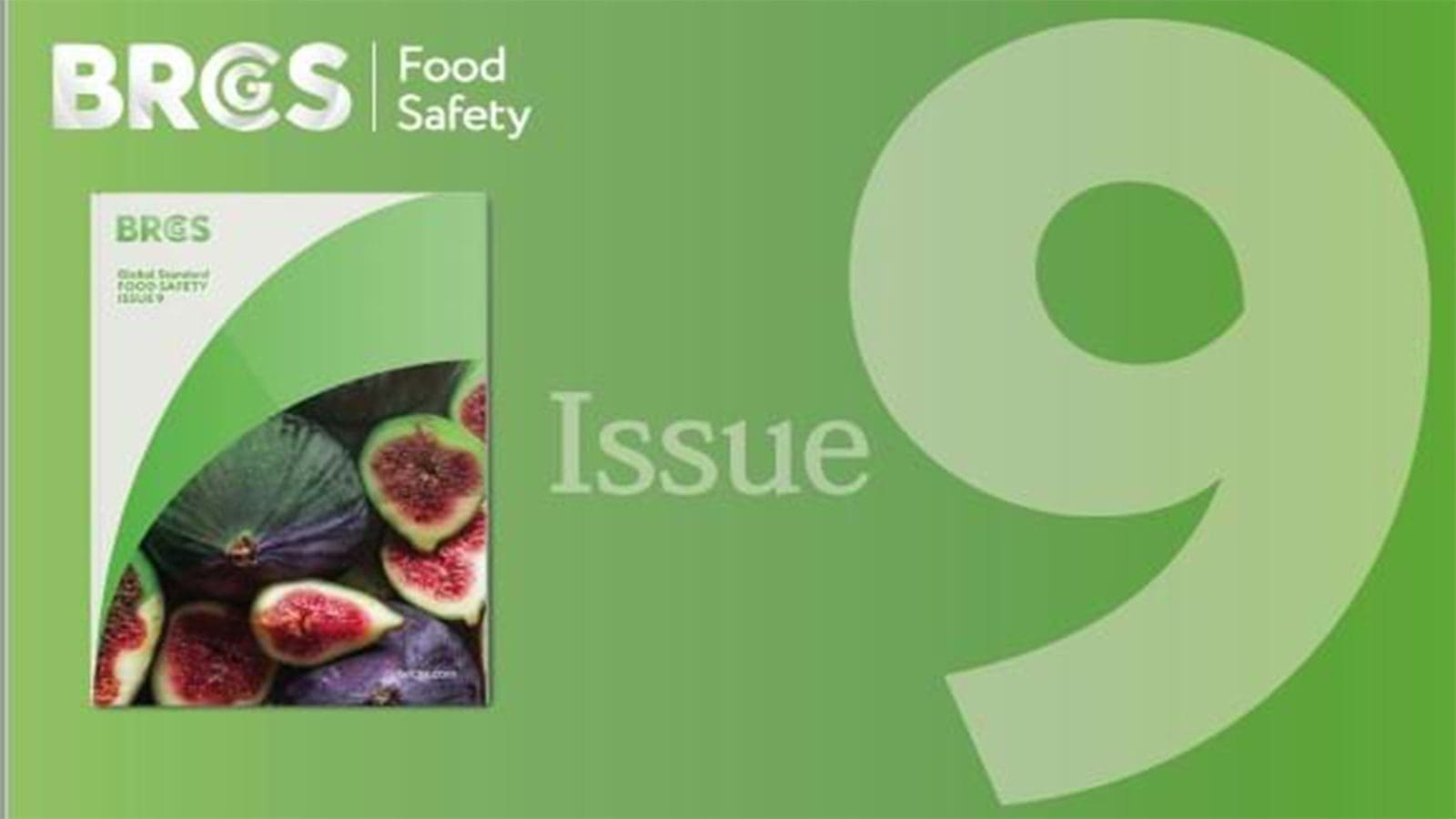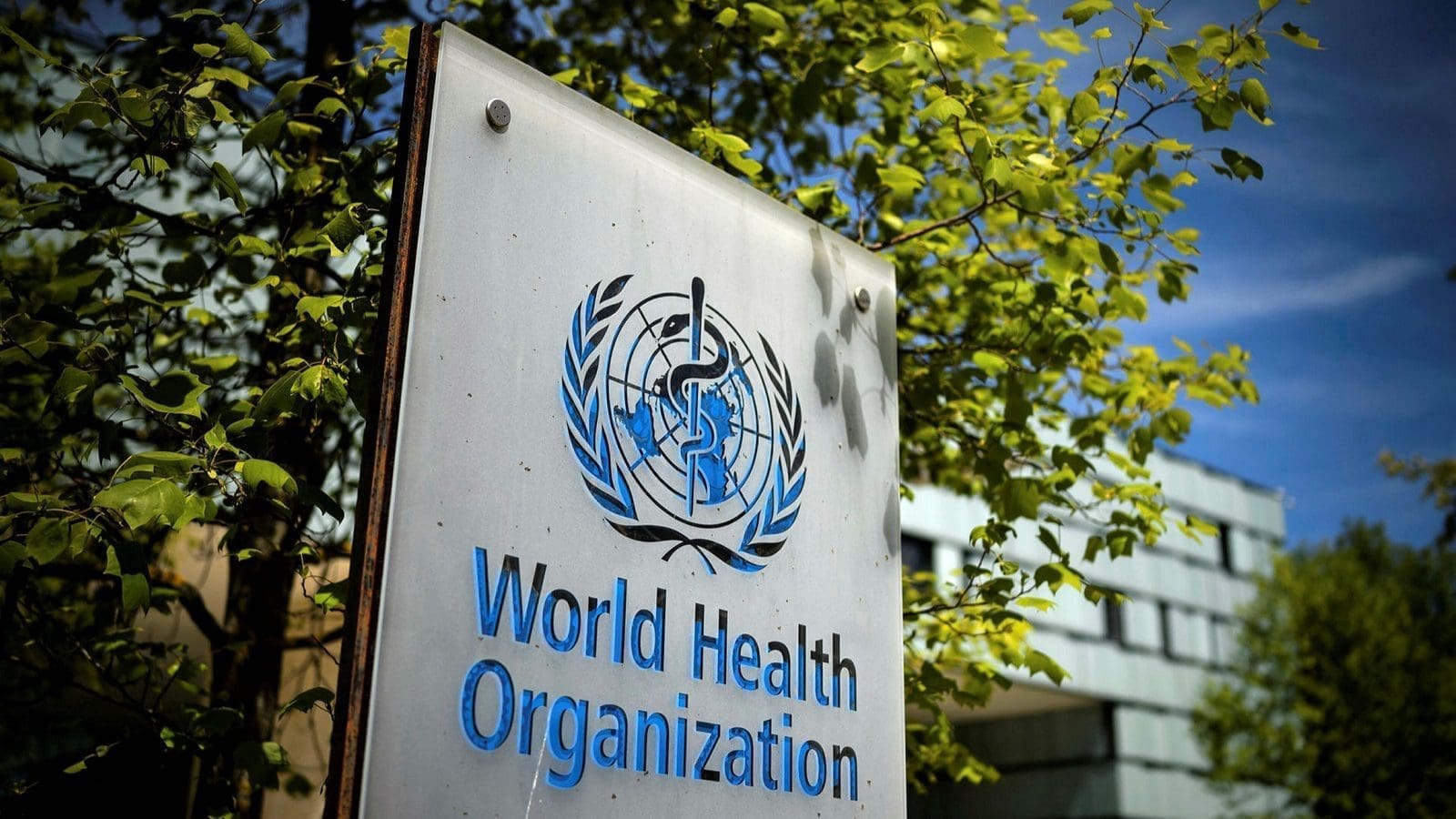ISRAEL – Save Foods, an agri-food tech company specializing in eco crop protection that helps reduce food waste and ensure food safety, has managed to reduce pear loss by 60%.
This announcement follows a recently completed two-season trial with Israeli packer, Rafkor Ltd., who has now become a commercial customer of Save Foods.
Rafkor, located in Rosh Pina in northern Israel, is a leading packing house that treats about 40% of the pears produced in Israel.
They also handle other fresh produce such as stone fruit, citrus, pomegranates and kiwi. After two consecutive seasons using Save Foods’ green treatment, Rafkor experienced an average of 60% less waste after long-term storage for the two varieties of pears used in the pilot, Kostya and Spadona.
“Being a sustainable company is an important element of the company’s mission and Save Foods’ green products are safe and contribute to the preservation of the overall quality of the pears during long storage. We are now looking to expand our use of Save Foods’ products to other fruits,” said Haviv Aharon, Chief Executive Officer of Rafkor Ltd.
In the US, pears are a popular summer fruit. Modern post-harvest technologies, such as chemical treatment and refrigeration, make it possible to enjoy them all year round, with storage periods of up to 12 months.
Nevertheless, post-harvest disease is a major limiting factor in the long-term storage of the fruit. Losses can be as high as 50-60% in storage bins before packing, and decay can also be found in boxes of packed fruit.
The loss of produce, and repacking due to decay, costs the industry millions of dollars each year. Post-harvest losses for pears – in storage, at the retail level and with the consumer – have a serious impact on food security, profitability, and the ability of growers to sustainably manage natural resources.
“We have shown time and again that our treatment is effective and has a positive impact on waste reduction and on the bottom line for growers, packers and retailers. So far, all our commercial trials have converted to commercial customers, which is a testament to the effectiveness and significance of our eco-friendly products,” Dan Sztybel, CEO of Save Foods’ Israeli Subsidiary, noted.
He went on to express the company’s firm belief in the cruciality of reducing food loss and waste. According to the UN’s World Food Programme (WFP), the number of people on the edge of famine now stands at 44 million, up from 27 million in 2019.
“Experts believe the conflict between Russia and Ukraine will further exacerbate the global food system, which was already strained under supply chain issues and changing weather patterns,” Sztybel said.
Globally, the value of the fresh pear market is projected to reach US$ 37.1 billion by 2027.
Save Foods’ recently managed to keep five times as many strawberries fresh, compared to the industry standard, by applying Save Foods’ treatments, which translates into 85% less waste.
Liked this article? Subscribe to Food Safety Africa News, our regular email newsletters with the latest news insights from Africa and the World’s food safety, quality and compliance. SUBSCRIBE HERE








